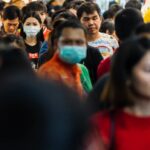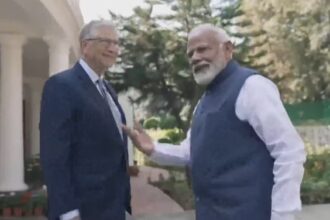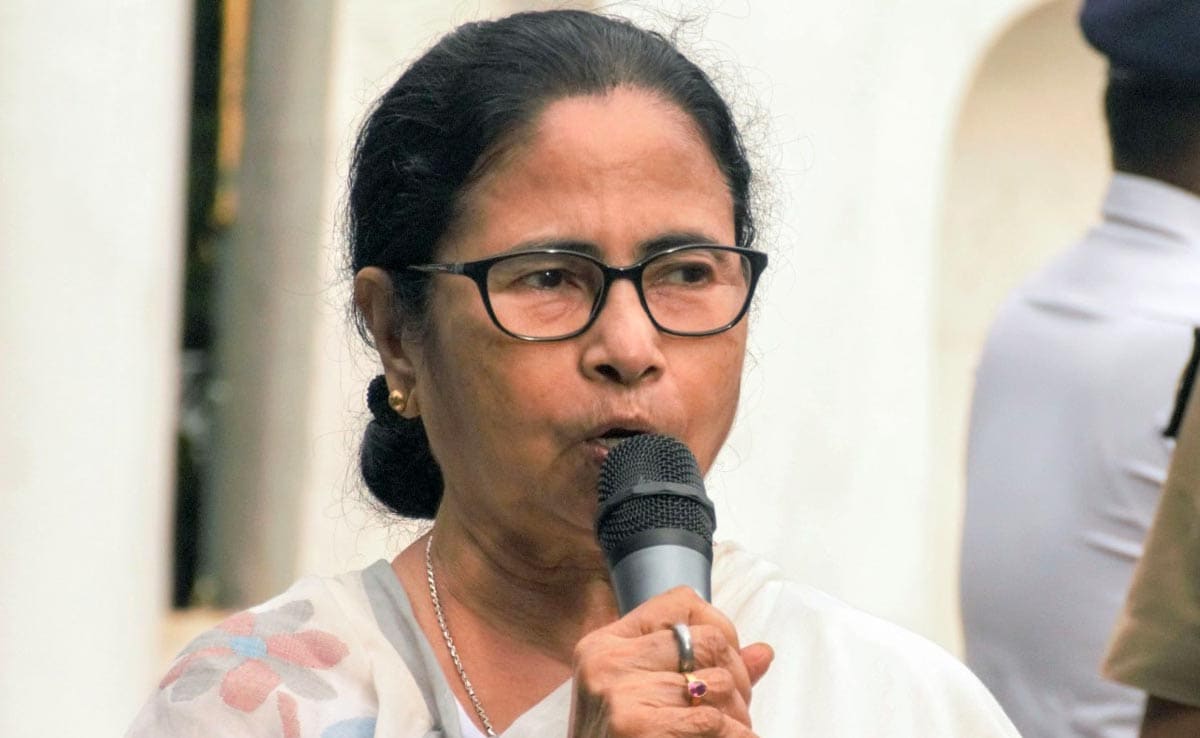The big question everyone has today, after getting vaccinated for COVID-19 is how long that immunity will last.
Several COVID-19 vaccines have now been granted emergency use authorisation, having demonstrated that they are both safe and effective. But when new vaccines are developed, it is only through ongoing wide-scale use that we can better understand their ability to prevent transmission and the duration of immunity.
Because of this, it has been too soon to say exactly how long these COVID-19 vaccines will protect people for, and whether we might need a booster shot further down the line. However, now the first evidence is emerging.
The good news is that there is reason to believe that immunity from COVID-19 vaccines will last at least longer than six months.
Natural Immunity combined with vaccine-derived immunity has the potential to provide stronger and longer-lasting immunity against coronavirus
Natural immunity (i.e. immunity in people who have been infected with COVID-19) can last for up to eight months, according to research published in Science. Vaccine-derived immunity can sometimes be stronger and longer-lasting, but this is by no means always the case, and so with COVID-19 vaccines the jury is still out.
The researchers in Science add that although immune memory is what leads to long-term immunity, it’s hard to predict how long immunity will last because the exact mechanisms of protective immunity used by our bodies against SARS-CoV-2 or COVID-19 are not yet known.

Both Pfizer and Moderna in the US and Made in India vaccine COVAXIN by Bharat Biotech are currently exploring whether or not their vaccines will require boosters or genetic modifications to respond to emerging SARS-CoV-2 variants. In the meantime, while much of the world is yet to be vaccinated, the focus on getting vaccinations to everyone equitably should be our main focus.
Bharat Biotech’s COVAXIN is developed using Whole-Virion Inactivated Vero Cell derived platform technology. Inactivated vaccines do not replicate and are therefore unlikely to revert and cause pathological effects. They contain dead virus, incapable of infecting people but still able to instruct the immune system to mount a defensive reaction against an infection.






